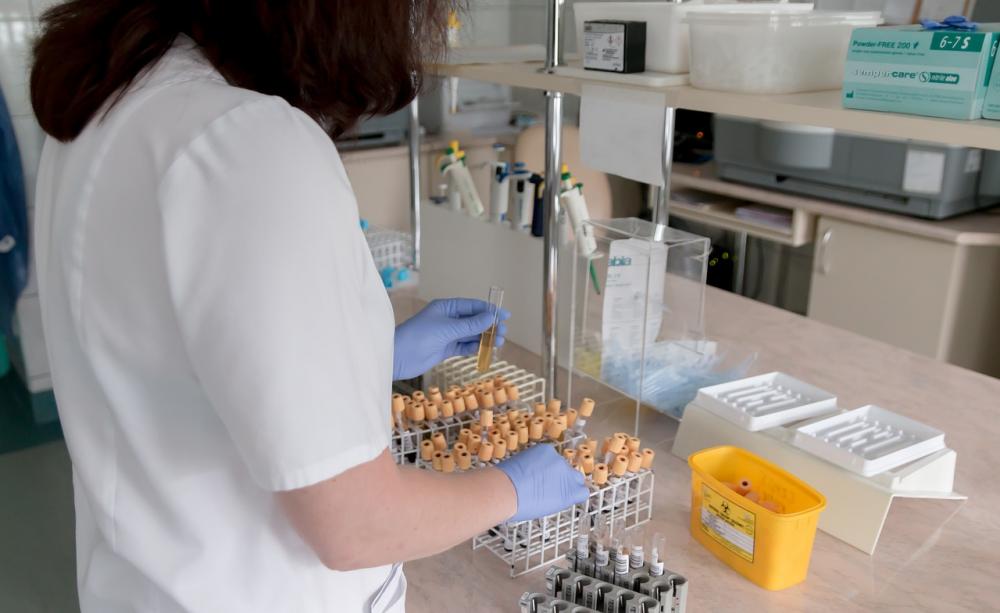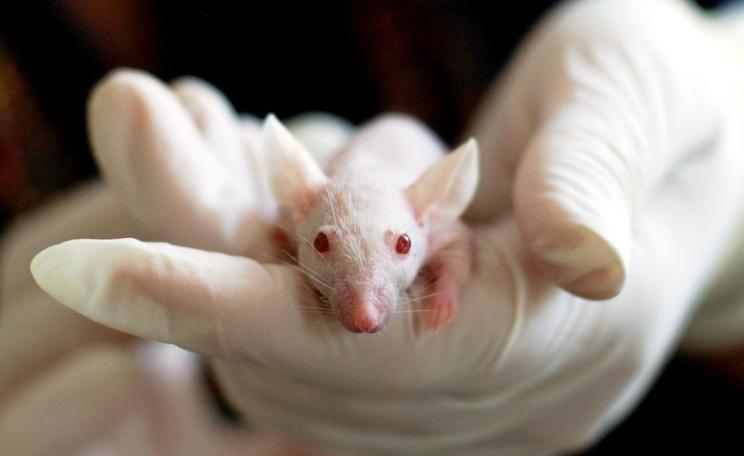NIH reports that 95 percent of drugs that pass animal tests fail in human trials because they are either unsafe or ineffective.
The scope and scale of the coronavirus crisis has brought misery to millions of people and changed the way we live and work. Ending this pandemic will also require a paradigm shift within the scientific community.
Even though much remains uncertain, one thing is clear: experimenting on animals squanders precious time and resources when both are in short supply.
Globally, researchers are working around the clock to develop much-needed treatments and vaccines for COVID-19. The UK Government has pledged millions of pounds to fund research that seeks to understand, prevent, treat, and control the disease.
Methods
The most forward-thinking coronavirus researchers are forgoing cruel and archaic tests on animals in favour of cutting-edge human-relevant methods.
The US National Institutes of Health (NIH) decided to speed up the development of a possible vaccine by bypassing a lengthy animal testing phase in favour of testing it directly in humans. While some tests on animals were still involved in this case, NIH's decision is a huge step towards safe, straight-to-human vaccine trials in the future.
This shift in thinking is long overdue. NIH reports that 95 percent of drugs that pass animal tests fail in human trials because they are either unsafe or ineffective. Mice – who have to be genetically engineered just to be susceptible to COVID-19 – show only mild symptoms of the disease.
Dr Stanley Perlman, a coronavirologist at the University of Iowa, notes that infecting mice "doesn't really tell you much about how the virus causes disease".
Innovation
Innovative methods that accurately reflect human biology highlight how archaic and useless the old animal-based models really are.
Three-dimensional reconstructed human respiratory tissue models, such as those from Epithelix and MatTek Life Sciences, are being used to study COVID-19 infection and screen for potential treatments. A long-time supporter of the two companies, the PETA International Science Consortium Ltd. helped fund the development of a first-of-its-kind model of the lower respiratory tract, available from MatTek, which can be used to study the health effects of chemicals, nanomaterials, pathogens, and other respirable materials.
I'm currently volunteering at the University of Bristol coronavirus research laboratory, where I completed my PhD, to develop new COVID-19 testing methods using the virus grown in cells. Other scientists in my laboratory are growing it in the same way to investigate the way it spreads and causes sickness.
Using this technique, they can find out whether it mutates under certain conditions. Unlike pointlessly infecting mice, this work provides crucial information.
NIH reports that 95 percent of drugs that pass animal tests fail in human trials because they are either unsafe or ineffective.
Scientists at India's Gauhati University used advanced computer simulation methods to work out which parts of the virus are best suited to triggering an immune response in humans – an important factor in the design of an effective vaccine – while researchers at Oak Ridge National Laboratory in the US are using Summit, the world's smartest and most powerful supercomputer, to identify existing drugs that could be effective in treating COVID-19 in humans.
The computer works by assessing the physical properties of the virus and each drug to predict how the two might interact. The effectiveness of promising drugs can then be measured by testing them on cells infected with the virus.
Trailblazing
Following work by Chinese scientists showing that the anti-malarial drug chloroquine was able to kill the virus in infected cells, a series of small trials were set up in Chinese hospitals to test the effectiveness of the drug in treating human COVID-19 patients. It proved safe and effective.
A clinical trial is now underway at the University of Oxford to test it in 10,000 human patients. Human trials adhere to strict ethical standards and are routine during drug development – I'd be rightly appalled were any individual used in an experiment without their full consent.
These are the kinds of projects that could deliver much-needed COVID-19 treatments and vaccines. Experiments on animals, on the other hand, waste time, effort, animals' lives, and billions of pounds of taxpayer money. More than 90 percent of basic scientific findings, most of which are made via experiments on animals, fail to lead to treatments for humans within 20 years.
The fundamental issue is that the differences among species are so vast that the results of tests on animals are, at best, a very poor approximation of what might happen in humans – or, at worst, dangerously misleading.
More and more trailblazing scientists are adopting research methods that deliver benefits to humans without genetically engineering, infecting, drugging, and killing animals. To accelerate this transition, the UK government must commit to completely replacing all experiments on animals.
This Author
Dr Samantha Saunders is a research associate with PETA. She is a veterinary surgeon and completed her PhD in coronavirology.




